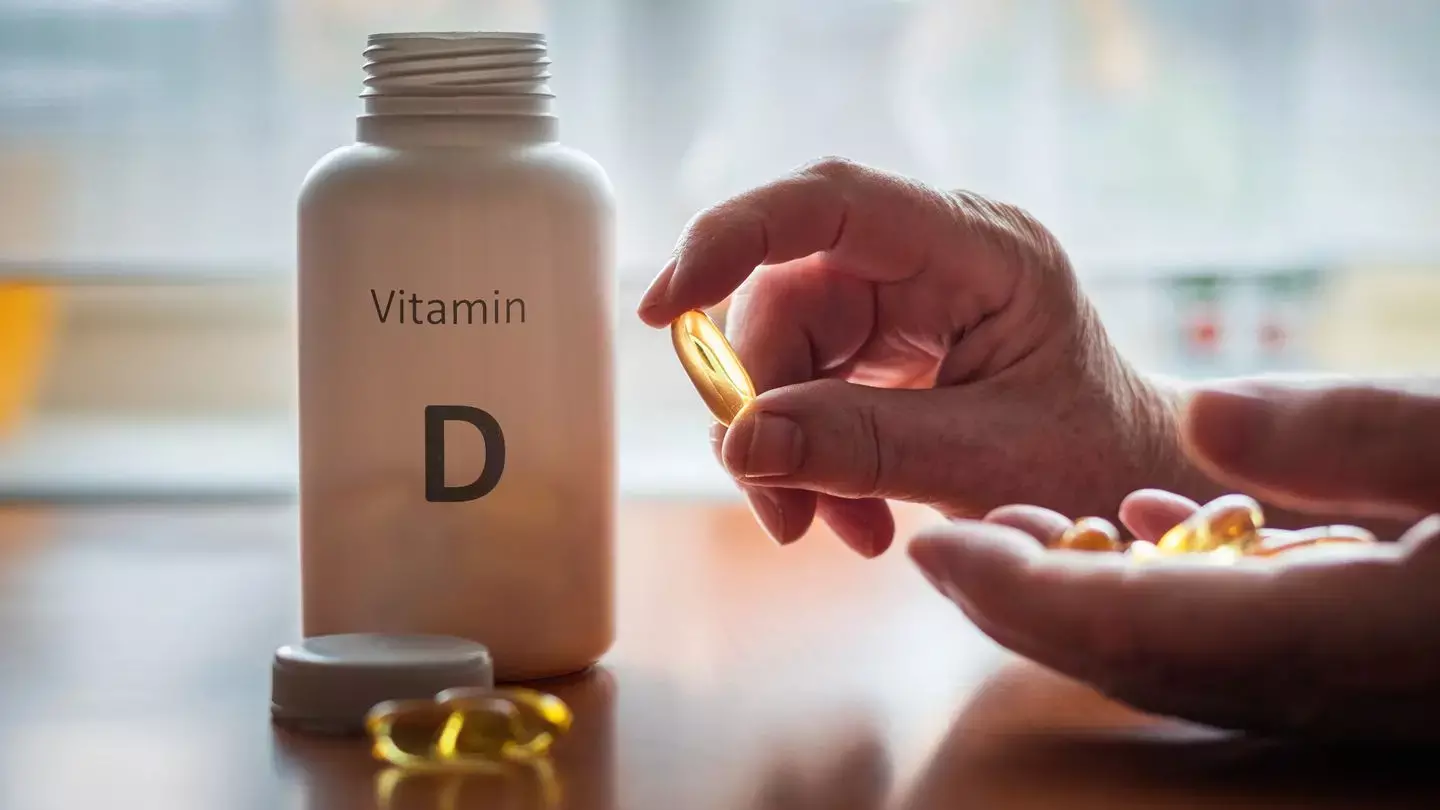- Home
- Medical news & Guidelines
- Anesthesiology
- Cardiology and CTVS
- Critical Care
- Dentistry
- Dermatology
- Diabetes and Endocrinology
- ENT
- Gastroenterology
- Medicine
- Nephrology
- Neurology
- Obstretics-Gynaecology
- Oncology
- Ophthalmology
- Orthopaedics
- Pediatrics-Neonatology
- Psychiatry
- Pulmonology
- Radiology
- Surgery
- Urology
- Laboratory Medicine
- Diet
- Nursing
- Paramedical
- Physiotherapy
- Health news
- Fact Check
- Bone Health Fact Check
- Brain Health Fact Check
- Cancer Related Fact Check
- Child Care Fact Check
- Dental and oral health fact check
- Diabetes and metabolic health fact check
- Diet and Nutrition Fact Check
- Eye and ENT Care Fact Check
- Fitness fact check
- Gut health fact check
- Heart health fact check
- Kidney health fact check
- Medical education fact check
- Men's health fact check
- Respiratory fact check
- Skin and hair care fact check
- Vaccine and Immunization fact check
- Women's health fact check
- AYUSH
- State News
- Andaman and Nicobar Islands
- Andhra Pradesh
- Arunachal Pradesh
- Assam
- Bihar
- Chandigarh
- Chattisgarh
- Dadra and Nagar Haveli
- Daman and Diu
- Delhi
- Goa
- Gujarat
- Haryana
- Himachal Pradesh
- Jammu & Kashmir
- Jharkhand
- Karnataka
- Kerala
- Ladakh
- Lakshadweep
- Madhya Pradesh
- Maharashtra
- Manipur
- Meghalaya
- Mizoram
- Nagaland
- Odisha
- Puducherry
- Punjab
- Rajasthan
- Sikkim
- Tamil Nadu
- Telangana
- Tripura
- Uttar Pradesh
- Uttrakhand
- West Bengal
- Medical Education
- Industry
Low vitamin D levels associated with increased cardiovascular disease risk in young adults

Low vitamin D levels associated with increased cardiovascular disease risk in young adults suggests a new study published in the Journal of Endocrinological Investigation.
Vitamin D deficiency is related to metabolic disturbances. Indeed, a poor vitamin D status has been usually detected in patients with cardiovascular disease (CVD). However, the relationship between vitamin D and CVD risk factors in young adults remains controversial at present. This study aimed to examine the association between circulating 25-hydroxyvitamin D (25(OH)D) and CVD risk factors in young adults. The present cross-sectional study included a cohort of 177 young adults aged 18-25 years old (65% women). 25(OH)D serum concentrations were assessed using a competitive chemiluminescence immunoassay. Fasting CVD risk factors (i.e., body composition, blood pressure, glucose metabolism, lipid profile, liver, and inflammatory markers) were determined by routine methods. A panel of 63 oxylipins and endocannabinoids (eCBs) was also analyzed by targeted metabolomics. Results: Circulating 25(OH)D concentrations were inversely associated with a wide range of CVD risk factors including anthropometrical (all P ≤ 0.005), body composition (all P ≤ 0.038), glucose metabolism (all P ≤ 0.029), lipid profile (all P < 0.035), liver (all P ≤ 0.011), and pro-inflammatory biomarkers (all P ≤ 0.030). No associations of serum 25(OH)D concentrations were found with pro-inflammatory markers (all P ≥ 0.104), omega-6 and omega-3 oxylipins, nor eCBs concentrations or their analogues (all P ≥ 0.05). The present findings support the idea that 25(OH)D could be a useful predictor of CVD risk in young individuals.
Reference:
Amaro-Gahete FJ, Vázquez-Lorente H, Jurado-Fasoli L, Dote-Montero M, Kohler I, Ruiz JR. Low vitamin D levels are linked with increased cardiovascular disease risk in young adults: a sub-study and secondary analyses from the ACTIBATE randomized controlled trial. J Endocrinol Invest. 2024 Jan 4. doi: 10.1007/s40618-023-02272-4. Epub ahead of print. PMID: 38172418.
Keywords:
Low vitamin D, vitamin levels, cardiovascular disease, risk, young adults, Amaro-Gahete FJ, Vázquez-Lorente H, Jurado-Fasoli L, Dote-Montero M, Kohler I, Ruiz JR, 25-hydroxyvitamin D; Cardiovascular risk; Inflammation; Oxylipins; Young adults
Dr. Shravani Dali has completed her BDS from Pravara institute of medical sciences, loni. Following which she extensively worked in the healthcare sector for 2+ years. She has been actively involved in writing blogs in field of health and wellness. Currently she is pursuing her Masters of public health-health administration from Tata institute of social sciences. She can be contacted at editorial@medicaldialogues.in.
Dr Kamal Kant Kohli-MBBS, DTCD- a chest specialist with more than 30 years of practice and a flair for writing clinical articles, Dr Kamal Kant Kohli joined Medical Dialogues as a Chief Editor of Medical News. Besides writing articles, as an editor, he proofreads and verifies all the medical content published on Medical Dialogues including those coming from journals, studies,medical conferences,guidelines etc. Email: drkohli@medicaldialogues.in. Contact no. 011-43720751


